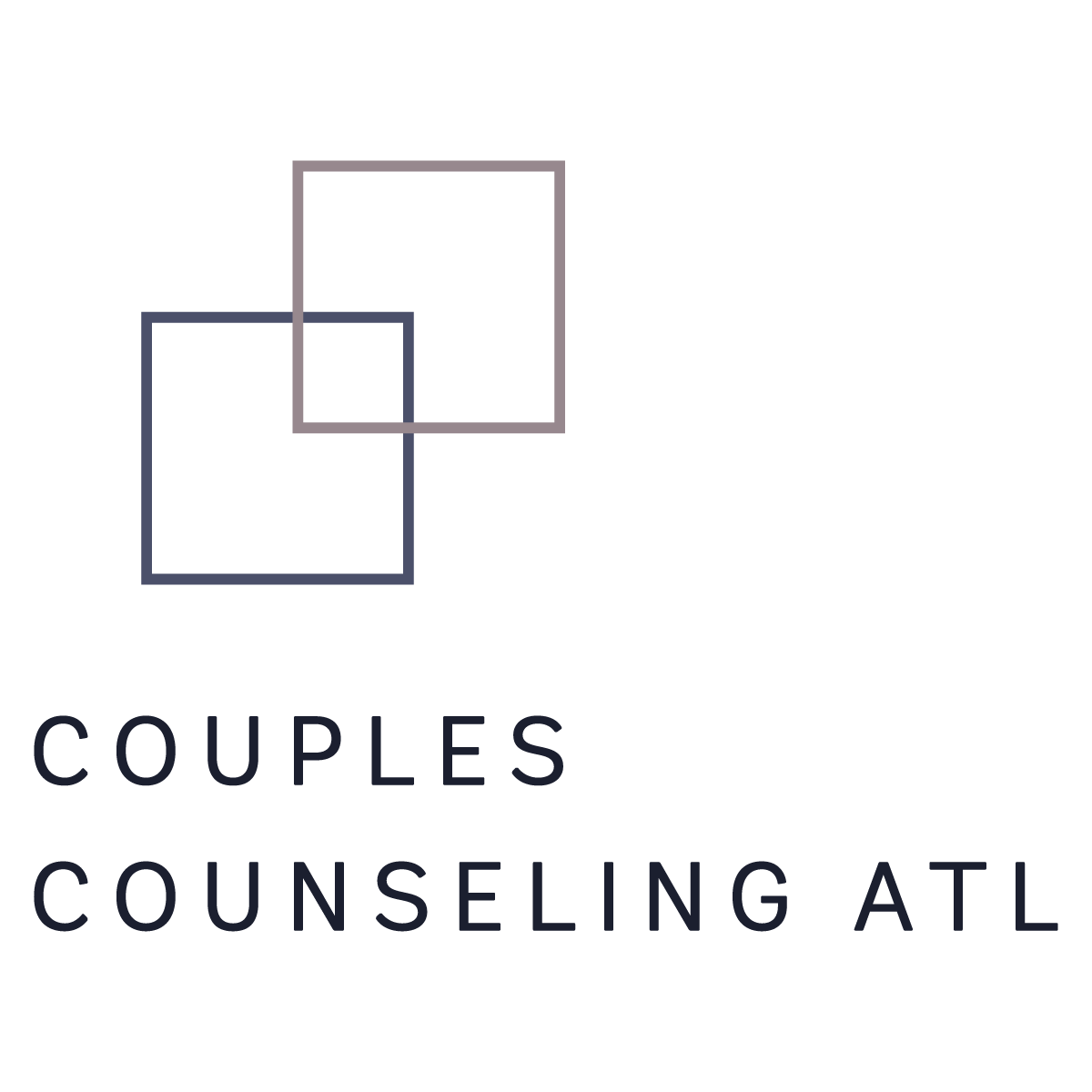Therapists Have Been in Disaster Relationships, Too!
Therapists Have Been in Disaster Relationships, Too!
This past Tuesday, our team of therapists and I spent the entire day at the Fernbank Museum of Natural History for our quarterly staff retreat. The goal: personal growth and bonding, and finally seeing one another IN PERSON! The day included some comedy improvisation with local therapist and improviser, Murray Dabbey, LCSW (so fun!), chair massages, a meditative walk in the forest, and some deep conversation about why we all became couples therapists. It was a fantastic day that renewed us and reconnected each one of us to our own personal "why" we keep working in this field.
The common thread: our family relationships and our romantic relationship histories impact us profoundly and are the reasons we joined the field. Each of us has been fortunate enough to have benefited from personal therapy and has since become highly motivated through our journeys to help others in their relationships. We laughed and shared some poignant moments, too. Reminded of our own humanity and foibles, we laughed at how we have all been in disaster relationships and let's just say that none of us have been blameless. ;)
I once heard Dr. John Gottman describe how couples therapists and our clients share in the same struggles in relationships: "We're all in the same soup." Humans are social creatures with the same hardware and have the same ways of attaching to other human beings. I read a great book recently called "What Happened to You?" by Oprah Winfrey, and the truth is, we all long to be part of loving, connected personal relationships and connected to broader communities, too. Every session with a couple highlights each client's unique challenges and stories and reminds us of the common human struggles we all share.
Many therapists once held the role of mediators, peacemakers, or "parentified" children in their families. All of us have had personal experiences with our painful breakups, separations, or divorces. Couples therapists don't have perfect relationships, but we are experts. , we have all been active participants in "disaster" and "master" relationships. According to Dr. John Gottman's research, "Disaster" couples were the least satisfied and most likely to break up or stay together miserably.
In contrast, "Master" couples were the most likely to stay together happily. Such changes have drastically improved the quality of my relationships, so when I help my clients using this method, it's not just an intellectual exercise! I know, and feel, on a personal level, how transformative it has been for me to incorporate the lessons from the Gottman Institute's research. I'm sure that my husband is thankful for what I've learned--I'm much less critical and defensive than I used to be!
We have all learned how our history -- especially what we experienced as children and what we witnessed in our parents -- always shows up somehow in our adult relationships. The Gottman term for negative sensitivities created by are past are "enduring vulnerabilities". Our most important relationships, both the joy and pain, seem to be the birthplace of many couples therapists' careers. It is the core of the more profound healing conversations. We have at one point felt inspired by their own mistakes and painful experiences to learn what is truly "healthy" in long-term relationships and how to create relationships that are worth it. Graduate school is where most therapists usually cut their teeth and begin to work on our issues.
Thanks to the research by the Gottman Institute, you don't have to go to graduate school and can learn much more quickly than ever before how to create healthy relationships. I've spent my entire career studying what research can teach us about healthy relationships, and I'd like to share some of the most profound findings with you today. And yes, couples therapists have been guilty of all the "Disaster" behaviors. At least, I'm willing to admit that I certainly have! There are many small but important differences between the “Master” vs. “Disaster” couples. They all start out in love, but their paths diverge. Early on, you can see some of the subtle differences even in the way they talk to one another.
4 Communication Sabotaging Behaviors Shared by All “Disaster” Couples
#1 Criticism
#2 Contempt
#3 Defensiveness
#4 Stonewalling


